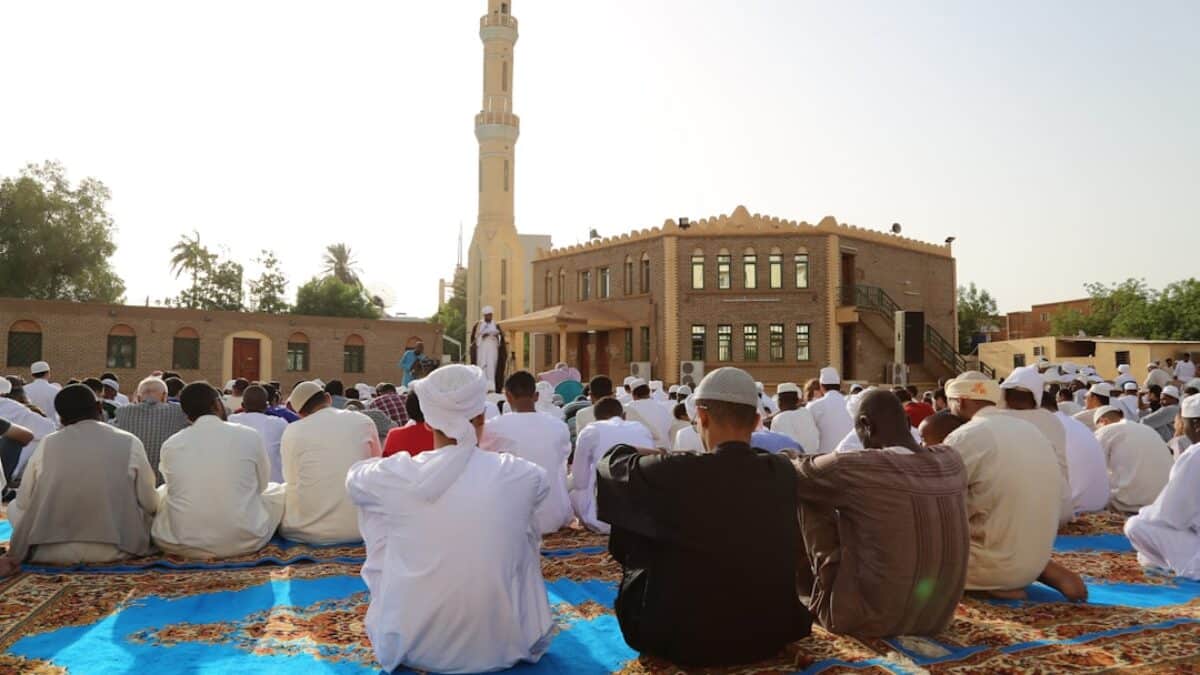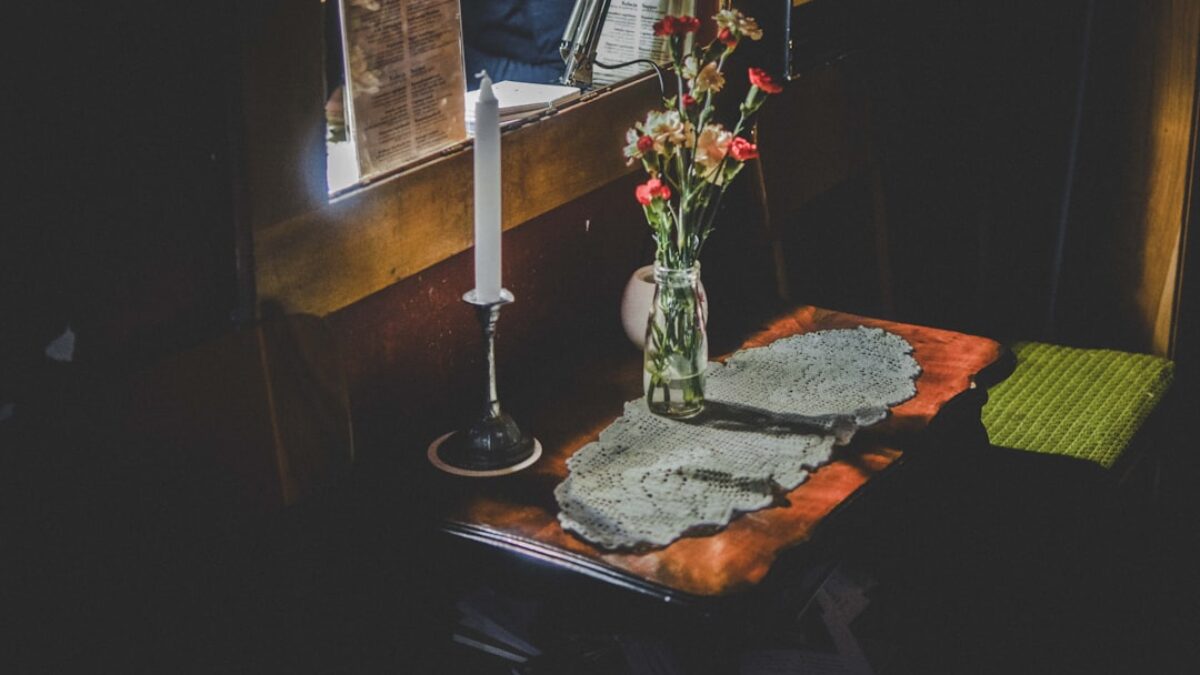As the crescent moon heralds the approach of Ramadan, millions of Muslims around the world feel a familiar surge of anticipation. Yet beneath the excitement lies a quiet concern: “Am I truly ready to meet this month with my whole heart?” Fasting from dawn to sunset is only the outer shell of Ramadan; its soul is spiritual transformation. The days that precede the fast can be the most spiritually fertile—if we prepare intentionally. Below are seven powerful steps you can begin today to deepen your faith before the first fast begins, ensuring that when Ramadan arrives you are not merely hungry, but hungry for Allah.
Understanding Spiritual Ramadan Prep
More Than Empty Stomachs: The Inner Dimension
Ramadan is described in the Qur’an as “the month in which the Qur’an was revealed as guidance for humanity” (2:185). Fasting (ṣawm) is therefore a means, not an end; its purpose is taqwā—God-consciousness. Spiritual preparation shifts our mindset from “I must fast” to “I get to fast.” It reframes abstaining from food and drink as training wheels for abstaining from sin, cultivating gratitude, and amplifying worship.
The Window of Opportunity
Scholars note that Sha‘bā—the month immediately before Ramadan—was the month in which the Prophet ﷺ fasted more than any other besides Ramadan itself. His example teaches us that pre-conditioning the soul multiplies the rewards of obligatory fasting. The few weeks before Ramadan are like tilling soil before planting seeds; neglecting them often results in a harvest of fatigue rather than fruits of faith.
Key Components of Spiritual Ramadan Prep
Step 1: Purify Your Intention (Niyyah)
The Prophet ﷺ said, “Actions are judged by intentions” (Bukhārī). Before calendars even flip to Ramadan, write down one primary intention for the fast. Examples:
- Seeking forgiveness for chronic sins
- Deepening relationship with the Qur’an
- Cultivating empathy for the poor
Place the note where you will see it daily—on your phone lock-screen, inside your wallet, or above your desk. Each time you renew your fast, recall this intention to keep motivation alive.
Step 2: Audit and Clear the Heart (Muḥāsaba)
The Arabic root of muḥāsaba means “to take an account.” Just as businesses close the books at year-end, believers close the books of the soul before meeting Ramadan.
Practical Exercise: The 3-Column Journal
- Column 1: List habitual sins (e.g., gossip, excessive social media).
- Column 2: Identify triggers (time, place, emotion).
- Column 3: Draft replacement actions (dhikr, brief Qur’an recitation, walking away).
Spend 10 minutes nightly reviewing the journal. The goal is not perfection but conscious awareness.
Step 3: Establish or Reset Core Worship Habits
Ramadan is 30 consecutive days of intensity. Jumping from zero to five daily prayers plus taraweeh is like sprinting a marathon. Instead:
- Prayer: If you miss Fajr, start by ensuring you never miss one prayer a day, then two, and so on.
- Qur’an: Begin with one page after Fajr, increasing by half a page weekly.
- Dhikr: Attach a small litany (e.g., 33× subḥānAllah) to an existing habit like boiling the kettle.
By the time Ramadan begins, worship feels like second nature rather than a shock to the system.
Step 4: Cultivate Qur’anic Intimacy
Most Muslims feel guilty about not reading enough Qur’an. Instead of guilt, cultivate curiosity.
Micro-Retreat Plan
| Day | Action | Time |
|---|---|---|
| Mon | Listen to Sūrah al-Fātiḥah tafsīr podcast on commute | 20 min |
| Tue | Read one āyah aloud with translation before bed | 5 min |
| Wed | Write the āyah on a sticky note and place on mirror | 2 min |
By Ramadan, you will have a personalized Qur’an playlist and a heart already resonating with divine speech.
Step 5: Guard the Tongue and Limbs
The Prophet ﷺ warned, “Whoever does not give up false speech and acting upon it, Allah has no need of his leaving food and drink” (Bukhārī). To prepare:
- Social Media Detox: Unfollow accounts that trigger envy or anger at least 7 days before Ramadan.
- The Pause Rule: Before speaking, silently say “astaghfirullah”; this 2-second pause diffuses gossip.
- Eye-Fasting: Lower the gaze from prohibited content; use app blockers after 9 p.m.
These small fasts of the limbs make the physical fast spiritually meaningful.
Step 6: Strengthen Community Ties (Silat al-Raḥim)
Ramadan multiplies rewards for unity. A divided heart disrupts worship. Actions:
- Reconcile: Send a sincere apology text to one estranged relative or friend.
- Group Iftar Planning: Create a WhatsApp group to coordinate nightly iftars with neighbors.
- Charity Commitment: Automate a daily $1 donation to a food bank starting immediately.
When the moon is sighted, your social fabric is already interlaced with mercy.
Step 7: Design Your Environment for Success
Humans are environmentally deterministic. A cluttered room breeds a cluttered soul.
Physical & Digital Declutter
- Prayer Space: Dedicate a clean corner with prayer mat, Qur’an stand, and soft light.
- Notifications: Disable non-essential alerts; set phone to grayscale after 10 p.m.
- Pantry Prep: Stock complex carbs (oats, lentils) and dates to avoid suhūr decision-fatigue.
Your space should whisper “remember Allah” at every glance.
Benefits and Importance
Enhanced Khushūʿ (Focus in Prayer)
Starting worship habits in Sha‘bāmeans that by Ramadan you are not wrestling with fatigue; instead, fatigue becomes a reminder of divine nearness. Prayers lengthen naturally, and tears flow easier.
Increased Qur’anic Retention
Neuroscience shows spaced repetition over 21 days forms long-term memory. Beginning now allows you to retain more Qur’an than cramming nightly in Ramadan.
Emotional Resilience
Clearing heart-grudges and digital toxins lowers cortisol levels, reducing the irritability that can break fasts. You enter Ramadan emotionally agile—ready to forgive, ready to smile despite hunger.
Practical Applications
30-Day Pre-Ramadan Planner
Below is a flexible template; adapt it to your life stage (student, parent, professional).
| Week | Spiritual Focus | Physical Habit | Social Action |
|---|---|---|---|
| Week 1 | Set niyyah, begin muḥāsaba | Wake up 15 min earlier | Call one relative |
| Week 2 | Start daily Qur’an page | Drink 2 L water/day | Donate $10 weekly |
| Week 3 | Guard tongue, reduce gossip | Cut caffeine after 2 p.m. | Host mini iftar |
| Week 4 | Deepen dhikr to 100/day | Practice suhūr meal timing | Volunteer at soup kitchen |
Family Ramadan Launch Party
Transform prep into celebration:
- Decor Night: Hang lanterns, craft a paper chain of 30 intentions.
- Intention Letters: Each family member writes their Ramadan goal and seals it to open on Eid.
- Charity Jar: Decorate a jar; drop coins daily until Ramadan, then deliver contents to a local cause.
Children who participate early view Ramadan as fun, sowing seeds of lifelong love.
Frequently Asked Questions
What if Ramadan arrives and I still don’t feel ready?
Feeling unprepared is itself a divine gift—it signals humility. Start with one action immediately: pray two units of nafl tawbah and ask Allah to bless the rest of the month. The Qur’an reminds us that Allah’s mercy “encompasses all things” (7:156). Progress, not perfection, is the prophetic way.
How do I balance spiritual prep with work or school deadlines?
Integrate rather than add. Use commute time for Qur’an audio, replace lunch-break scrolling with five minutes of dhikr, and batch meal-prep on weekends to free weekday evenings for taraweeh. The Prophet ﷺ said, “The most beloved deed to Allah is the most continuous, even if small” (Bukhārī). Consistency trumps intensity.
Is it permissible to fast voluntary days in Sha‘bāif I have missed fasts from last Ramadan?
Priority is given to obligatory fasts. Make up (qaḍā’) missed Ramadan days first. Once caught up, you may fast extra Sha‘bādays for prophetic emulation. Consult your local scholar for personal circumstances.
Can women on menstruation participate in these spiritual steps?
Absolutely. While abstaining from fasting and prayer, women can engage in all other steps: intention setting, Qur’an reflection (without recitation), dhikr, charity, and community service. Their spiritual ledger remains open and multiplying.
How do I maintain motivation after the first week of Ramadan?
Schedule a mid-Ramadan check-in on the 15th night. Revisit your written intention, adjust goals downward if overwhelmed, and pair with an accountability partner. Visual reminders like a Qur’an progress chart on the fridge can reignite momentum.
What resources help beginners learn
























Post Comment